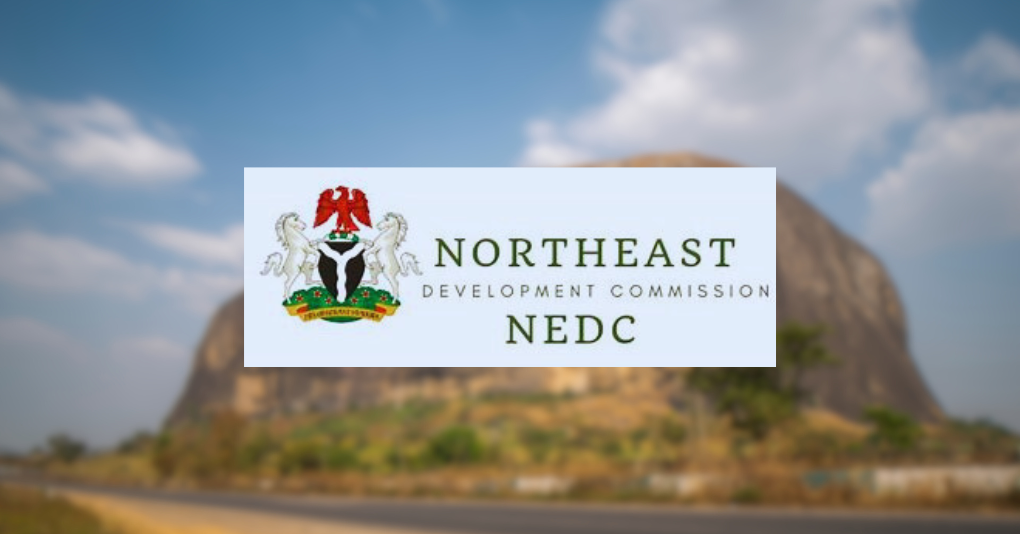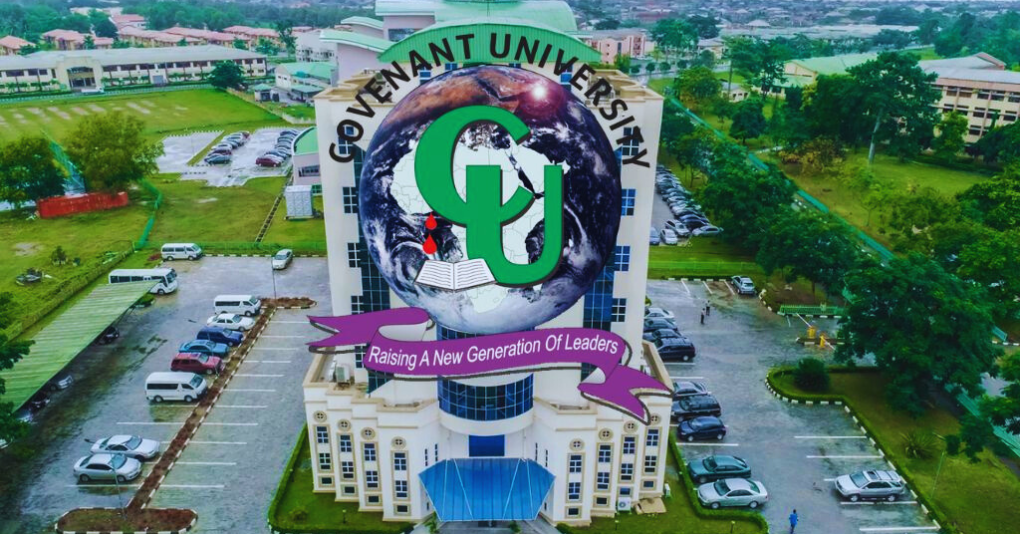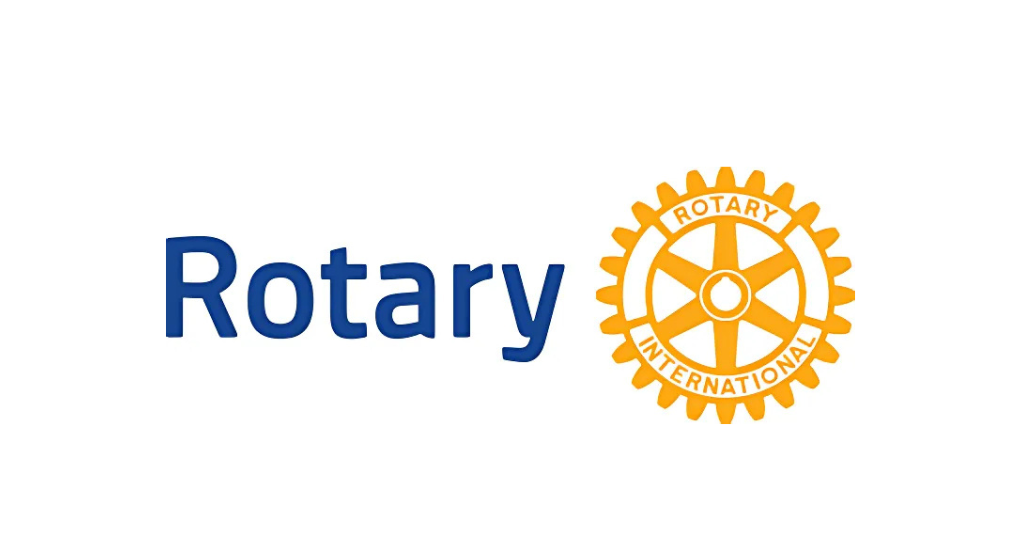STEM-A-School, an initiative of Product Hub Africa, has trained over 3,000 students in science, technology, engineering, and mathematics (STEM) to enable them to compete in today’s global village.
The rapid development of Artificial Intelligence in recent times has underscored the need for countries to invest in tech skill development in order not to be left behind, stated Founder of Stem-A-School and Product Hub Africa, Victoria Oladosu.
She said this while speaking at the startup’s 2025 STEM Conference organised in Nile University, Abuja, which connected students with robotics, aerospace, and AI experts. She noted that her edtech is on a mission to birth innovators, especially from a young age.
“More people need to build careers in STEM and become innovators if Nigeria and Africa aren’t to be left behind in the global AI race. STEM is the difference between where we are in Africa and where we want to be. Yes, we still need lawyers and doctors, but more young people need to explore core STEM paths,” she stated.
Oladosu noted that her edtech, through its STEM-A-School initiative, has visited several tertiary and pre-tertiary institutions to introduce students to emerging technologies. She added that the programme has now upskilled about 3,000 students with STEM skills.
Nigeria’s median age is around 18, and the country is betting on this population to tap into the AI wave that is expected to add $15 billion to its economy in 2030. Training this population is important, according to Bosun Tijani, Minister of Communications, Innovation, and Digital Economy.
In its draft National AI Strategy, Nigeria revealed plans to equip 70 per cent of its young workforce (aged 16 – 35 years) with AI-related skills and knowledge to reduce unemployment by five percentage points.
Building an AI-ready workforce requires a multi-tiered approach: educating future talent, training the current workforce, and attracting local and international expertise. For Oladosu, fixing the first layer is her concern. “We have so many unskilled young people in Nigeria, and getting them into STEM should be a priority.”
Dean of the faculty of computing at Nile University, Joshua Abah, stressed the importance of AI innovation and its relevance to the economy.
“What AI does is improve productivity and efficiency,” he stated.
Oladosu, founder of PHA, further noted that the journey for her startup is now extending beyond the northern part of the country.
Share this post





Be the first to comment on this post